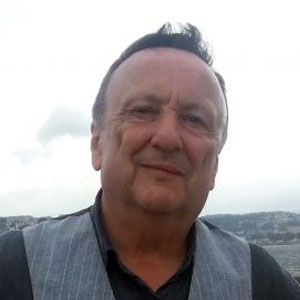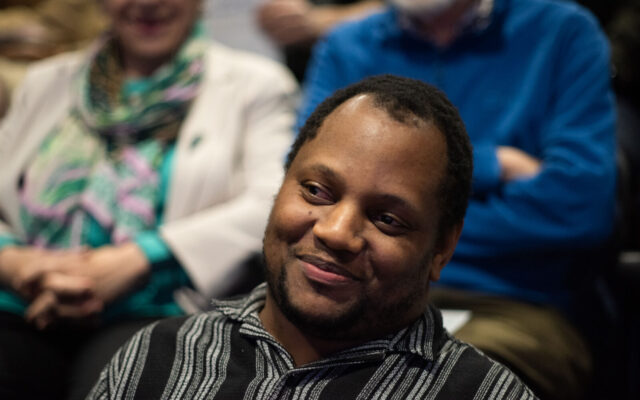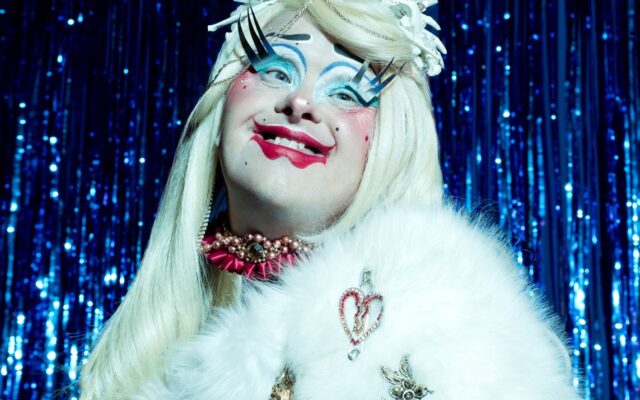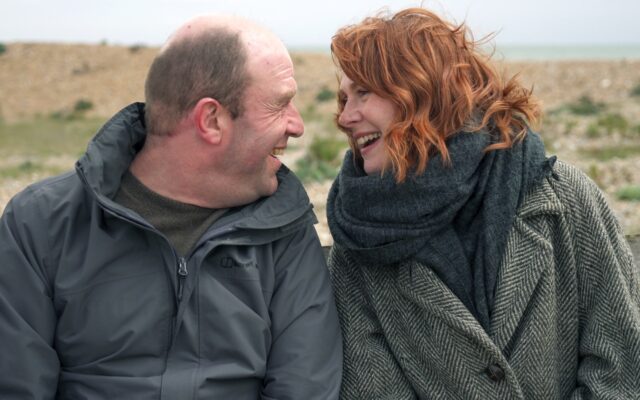A new less invasive test for Down’s syndrome could lead to a a huge reduction in the number of people with the syndrome. Do we really want a world that has no place for people with Down’s syndrome? asks Simon Jarrett
A world without Down’s syndrome? BBC 2, 5 October 2016
The Moral Maze: a world without Down’s syndrome?
Radio 4 , 5 October 2016
The most startling moment of A world without Down’s syndrome? came during the presenter Sally Phillips’s visit to Iceland. Phillips is best known as a comedy actor and writer (she played Tilly in Miranda and, for those with longer memories, was a star of the all-women late-nineties comedy sketch show Smack the Pony). One of her three children, 11 year old Ollie, has Down’s syndrome.
Phillips was visiting Iceland because, in its small population of just over 300,000, Down’s syndrome is dying out. Since a new, highly accurate, non-invasive screening test was introduced over the past five years, 100% of women whose foetuses have tested positive for Down’s syndrome have had a termination.
A young Icelandic woman called Halldora wrote an article which asked, ‘Who is perfect? Who can decide that we who have Down’s syndrome are worthless?’ In response a local photographer took pictures of the remaining Down’s syndrome population and showed them in an exhibition. Their faces stared out at us, like a lost Amazonian tribe facing extinction, and recorded for posterity by a sympathetic anthropologist.
It was this risk-free test, with its 99% accuracy levels and approved, as the documentary was being made, for use on the NHS, that was the subject of the programme. Or rather, it was the moral dilemmas raised by the test that Phillips wanted to confront.
These are complex. The law, and many people, accept that, ultimately, decisions about whether to terminate a pregnancy or not are the right of the mother, based on informed choice. If women know that they are going to have a baby with Down’s syndrome and feel, based on what they know, that this is not something they wish to go ahead with, then it is their right to make that choice.
Is Down’s syndrome a disease?
But then it gets complicated. To wish to eliminate a disease, such as cystic fibrosis, is, Phillips agreed, understandable. But is Down’s syndrome a disease, or a type of person? Do we have the right to eliminate a type of person? Phillips’s view was clear, and this was a polemical programme, which presented the case for the right of people with Down’s syndrome to exist, and not be ‘eliminated’ through screening.
She interviewed people who held the opposite view. The scientists and professionals, however hard they tried, always managed to make themselves sound sinister and callous. A doctor running screening programmes said: “I have heard that for some people having a child with Down’s syndrome is an intolerable event”. He insisted that he was only responding to parental demand, but then added, “It is a fact, it is associated with mental disability and, importantly, they live for many years. So if we think of it as a burden to the family or society it is a burden that is going to last for a long time”.
Cue a cutaway to Sally with loving, humorous son Ollie. “A burden that lasts for a long time?” she asks, “That’s not how I see Ollie”.
Lynne Chitty, the professor of genetics who developed the new test, argued that it is not a process of ‘screening out’ a type of person, but an improvement in parental choice. But then she asked Phillips, “How do you feel about the prospects of your son outliving you?” However much scientists claimed objectivity, they seemed to know what side they were on in the ethical debate too.
This was an emotional and at times shocking programme. It was lightened by Sally Phillips’s easy, and very funny, wit, although she was on several occasions reduced to tears as she listened to people talking about the elimination of people like her son. The dilemmas raised are far from easy but she made it very clear what the big question is: whatever else we believe, do we really want a world that has no place for people with Down’s syndrome?
Full of surprises
On the same night, it was this complex ethical problem that was the subject of Radio 4’s The Moral Maze. Four panellists, two on each side of the argument, debated with each other and with four witnesses, one of whom was Sally Phillips. This was a programme full of surprises, not least the strange alliances that were forged. Giles Fraser, the radical left-wing priest, found himself in agreement with Melanie Phillips, the radically right-wing Times columnist. Both argued that it was a diminution of humanity and its diversity to ‘do away with’ Down’s syndrome.
Opposing them were the former member of the Revolutionary Communist Party and extreme libertarian Claire Fox, in an equally unlikely alliance with Ann McElvoy of the Economist. “I want to eliminate Down’s syndrome and to celebrate and love people who have Down’s syndrome, and I don’t think these two things are contradictory,” proclaimed Fox. She also wanted to eliminate autism. “You’d be eradicating half the people round this table and most comedy writers,” Sally Phillips shot back. The self-advocate Simone Aspis, who appeared as a witness, made her point succinctly: “Screening should not be used to prevent people being born who are different.”
It is a tribute to Sally Phillips that she has brought out into the open exactly what is at stake as a consequence of this scientific discovery. As one of the panellists on The Moral Maze put it, “If we screen out imperfection, it will make us less human.” Whatever route we choose to take will say something about what we as a society think it means to be human.





